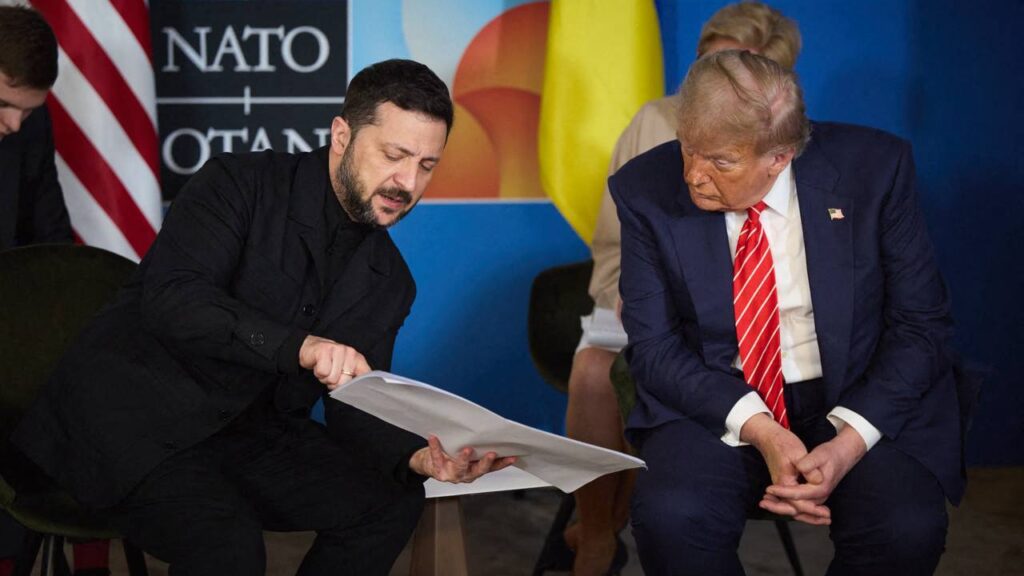David Harvilicz, an American lawyer and entrepreneur and former Assistant Secretary at the US Department of Energy (DOE), spoke on decoupling from China at the National Conservatism Conference in Washington, D.C., this July. The lecture was recently published by American Conservative, in which Harvilicz discusses how decoupling from Beijing can actually be achieved and how it can work in practice.
At the beginning of his speech, Harvilicz described decoupling as the ‘challenge that will define our generation’. He also pointed out that the greatest hurdles are not across the Pacific; they’re in the United States. ‘We’re fumbling the ball through a constant series of unforced errors, and it’s high time we got our head in the game,’ he highlighted.
He then recalled his time at the DOE, where he gained a unique insight into what’s at stake:
the future of American prosperity and global leadership.
Harvilicz used a concrete example to illustrate how America’s dependence on China poses a threat to its national security. Large power transformers (LPTs) are the backbone of any society’s power grid; however, they have not been manufactured in the United States since the 1970s. Instead, he said, production has been outsourced to China, ‘essentially handing over the keys to our power grid to a country that has declared a “People’s War” on us.’ ‘It’s insanity,’ he stressed. When he discovered this while working at the DOE, he immediately sought a solution to the problem but encountered numerous obstacles.
That is why, Harvilicz argued, the first action item to achieve decoupling would be the US production of critical energy infrastructure components. ‘Let’s set a goal: Within four years, every large and medium power transformer on American soil is made in the USA. We control enough market demand; we can make it happen.’
According to Harvilicz, the second step should be that any foreign entity wishing to acquire a US company or buy a stake in it must provide complete transparency on their leadership’s political affiliations and connections.
Harvilicz then turned to one of the biggest problems:
‘the enemy within,’
as he put it. He was referring to lawyers, political appointees, and government workers who prioritize foreign interests over US interests. To address this issue, Harvilicz recommended a ‘Patriotic Pledge,’ which would be mandatory for all political appointees working in national security. ‘The current ethics rules for getting private sector jobs after government service are a convoluted joke written by some of the very people who are most excited to use the loopholes they’re putting in,’ he pointed out. According to Harvilicz, every presidential appointee should agree to a lifetime ban on working for or on behalf of firms controlled by the Chinese Communist Party. ‘Serve America first, now and forever, or don’t serve at all.’
Finally, Harvilicz described the confrontation with China as a victory or death matter, which America will win because, in his view, if America wants to win, it will. ‘We are going to win, and our grandchildren will look back on this time and say this was when America finally reclaimed her destiny,’ he concluded.
Related articles:








